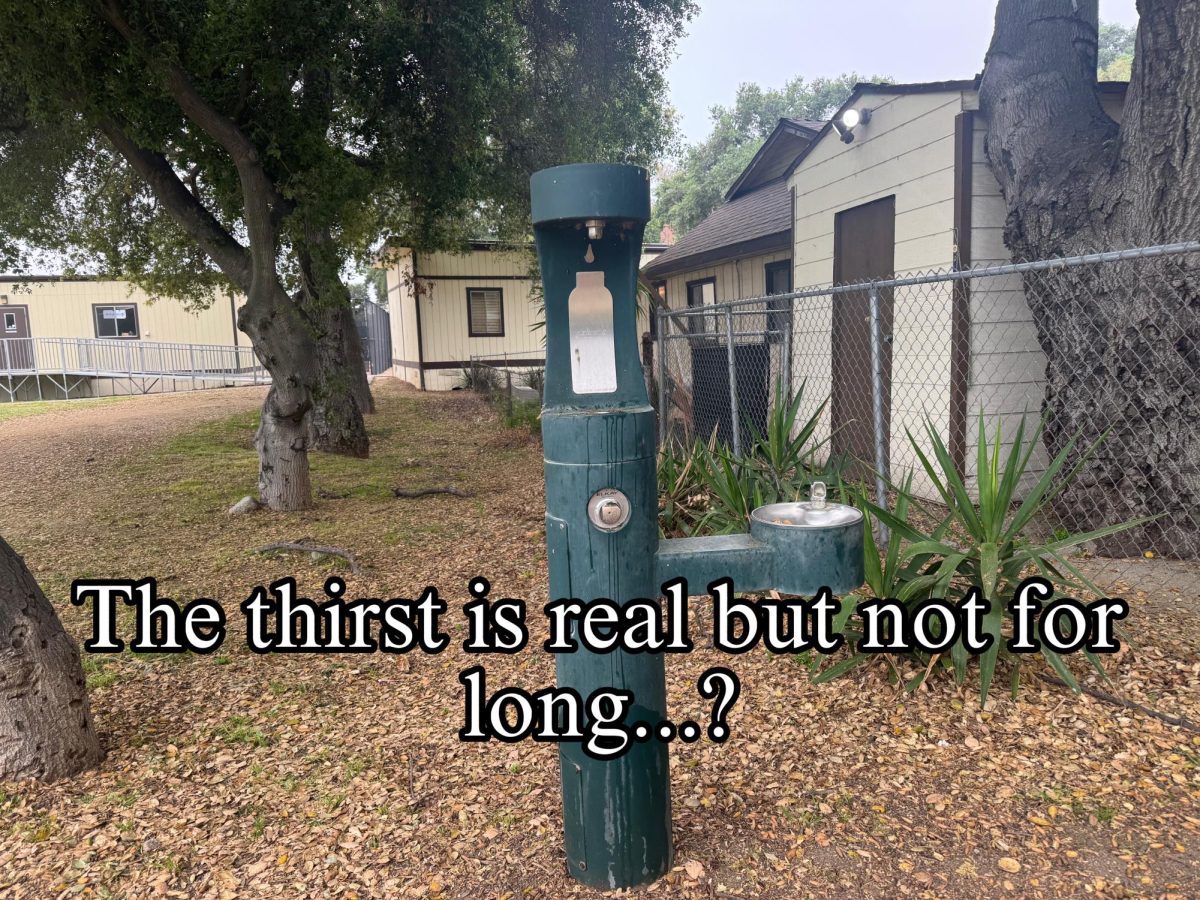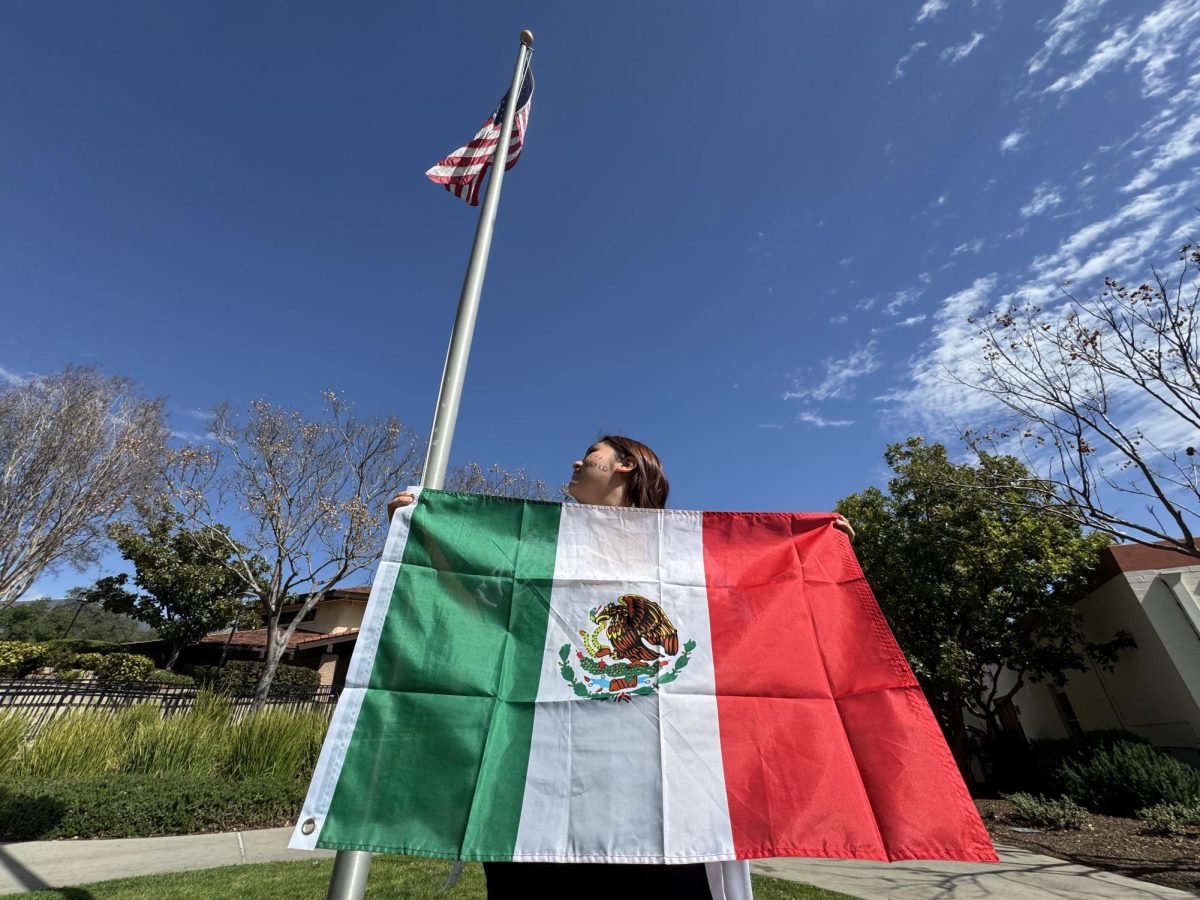On May 7th, 2019, Governor Brian Kemp of Georgia signed the ‘Fetal Heartbeat’ Abortion Law, which will effectively ban abortion after six weeks of pregnancy, beginning on January 1st, 2020. Multiple other states, including Alabama and Missouri, signed off on similar abortion bans soon afterwards. The ban has caused an extreme amount of controversy, as Webb students and the outside world argue over the moral implications of abortion.
The ban in Alabama is arguably the most restrictive out of all the versions of the fetal heartbeat abortion law. Not only will women be forced to carry their pregnancy to term after the fetal heartbeat can be detected, but there are no exceptions in the case of rape or incest. In Alabama, the abortion provider/doctor could end up with 99 years in prison, while in Georgia, a woman could be charged with murder for getting an abortion after six weeks.
Webbie’s opinions on the issue are extremely scattered. During the week of May 20th, several students joined Webb’s Discord channel to share their thoughts about abortion. The debate was heated, with plenty of persuasive points, not to mention a multitude of memes.
Maya Jaffe (‘20) said, “The abortion ban is problematic because it isn’t just an abortion ban. Despite the fact that women should be in control of their own bodies, the abortion ban causes anyone who has an abortion to become a felon and because felons can’t vote and about one in four women get abortions, the ban is effectively taking away 25% of women’s right to vote.”
However, Matthew Gooch (‘22) had an opposite opinion. He said, “You are dead when your heartbeat ends, so people should be alive when their heart begins… Cases of rape and incest together make up 1.5% of all reasons that people have abortions, making it a rare exception to the law. Rape and incest are terrible acts, but so is murder. It is hard to say where it is moral in these circumstances.”
The new abortion laws could end up in the reversal of the Supreme Court’s 1973 Roe v. Wade decision, which affirms that “access to a safe and legal abortion is a constitutional right.” In previous years, fetal heartbeat abortion bills similar to the ones passed in Georgia and Alabama were declared unconstitutional. Since many women do not know they are pregnant by the time the fetal heartbeat can be detected, they would automatically be unable to access a safe abortion, which is technically unconstitutional.
As each side of the abortion argument believes that they are morally correct in their thinking, it is difficult to start productive conversations about the topic that do not end in total cacophony (like the Webb discord channel). However, in order to change any legislation, there must be debate in the public sphere. As Webb students, we all know the power of a Harkness discussion; maybe it would be beneficial to hold one nationwide.















